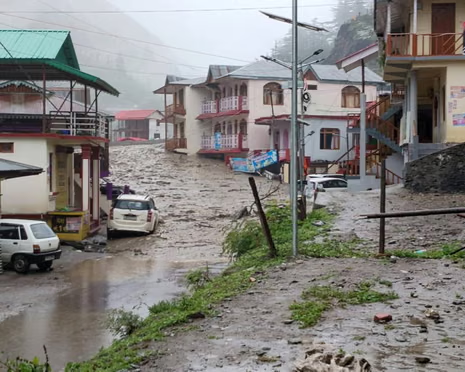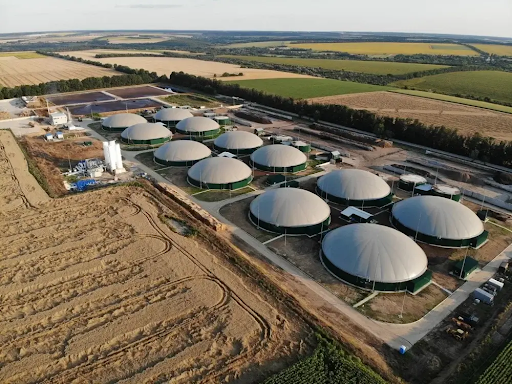





Copyright infringement not intended
Picture Courtesy: https://indianexpress.com/article/explained/kerala-mirgation-survey-findings-gulf-9398005/
Context: The Kerala Migration Survey (KMS) 2023 report provides valuable insights into the shifting trends of migration from Kerala, highlighting significant changes and emerging patterns in emigration and return migration.
Details
|
International Institute of Migration and Development (IIMAD) ●It is a research centre in India that focuses on studying international migration. ●It aims to become India's largest interdisciplinary research network on migration and collaborates with government and non-government organisations to address challenges faced by refugees, diasporic migrants, and migrant workers. ●It creates a platform for debate, research, policy analysis, and community engagement on global, national, and local scales. ●Its focus is on cutting-edge academic scholarship, disseminating knowledge through publications, data banks, and conferences, and promoting intellectual exploration for the betterment of migrants. |
Key Findings of the Survey
|
Total Emigrants and Returnees |
●The number of emigrants from Kerala is estimated at 2.2 million in 2023, slightly up from 2.1 million in 2018. ●Significant increase in returnees, with 1.8 million individuals returning to Kerala in 2023, up from 1.2 million in 2018. This surge in returnees is attributed largely to job losses during the COVID-19 pandemic. |
|
Decline in Gulf Migration |
●Emigration to Gulf Cooperation Council (GCC) countries has decreased, with preference shifting towards non-GCC destinations. ●GCC countries accounted for 93.8% of Kerala’s emigrants in 1998, but this has decreased to 19.5% in 2023. |
|
Rising Student Emigration |
●There's been an increase in the number of students migrating abroad for education, doubling since 2018 to reach approximately 250,000. This group now constitutes 11.3% of total emigrants. |
|
Increased Women Emigration |
●Women emigrants have seen a rise both in numbers and proportion, increasing from 15.8% in 2018 to 19.1% in 2023. A significant portion (71.5%) of women emigrants are graduates, compared to 34.7% of men. |
|
Remittances |
●Total remittances to Kerala have surged to Rs 216,893 crores in 2023, marking a 154.9% increase from 2018. This translates to a per capita remittance of Rs 61,118, with substantial contributions towards housing renovation, loan repayments, education, and healthcare. |
|
Reasons for Return |
●The primary reasons for return migration include job loss (18.4%), low wages (13.8%), poor working conditions (7.5%), and health issues (11.2%). |
Policy Implications and Recommendations
Conclusion
Source:
|
PRACTICE QUESTION Q. Examine the role of the private sector and educational institutions in addressing brain drain. How can collaborations between industry, academia, and the government help in creating a robust ecosystem that fosters innovation and provides incentives for skilled individuals to stay and contribute to the country's growth? |










© 2025 iasgyan. All right reserved